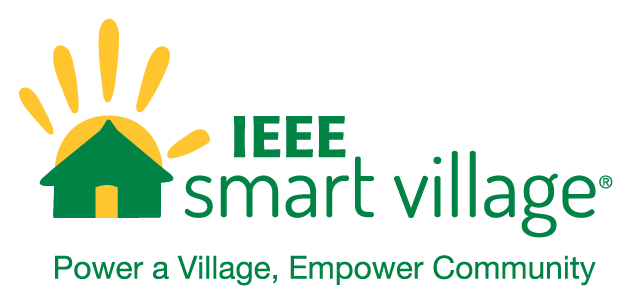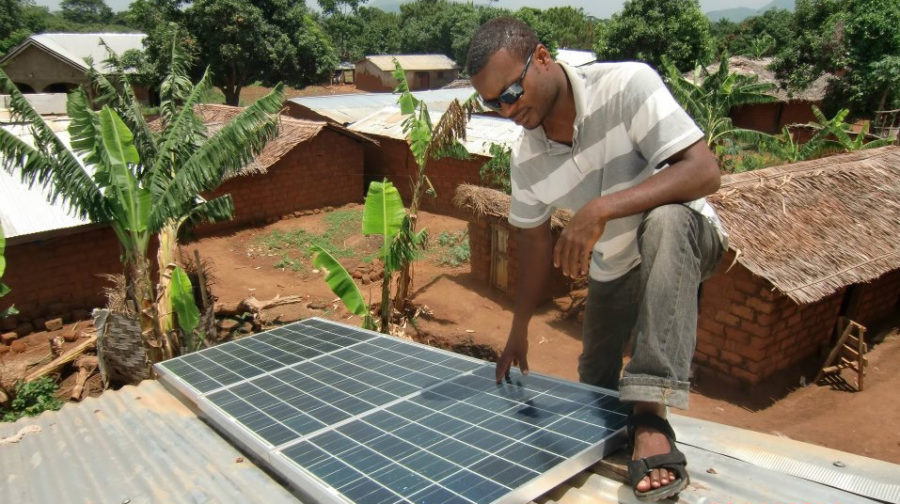REIc – Cameroon
REIc PURPOSE
Renewable Energy Innovators Cameroon (REIc) is a social enterprise based in Cameroon. REIc’s mission is to improve the lives of those in off-grid communities by providing renewable energy. This goal aligns with the objectives of IEEE Smart Village (ISV) to sustainably develop off-grid energy- deprived rural areas of the world. By bringing prosperity through increased economic activity and improvement in basic education and enterprise, the project addresses the three pillars of ISV: (i) Energy and smart technology; (ii) Entrepreneurship and business development; (iii) Education. REIc currently operates in Sabongari, located in the Northwest Region of Cameroon. REIc will use the lessons learned from Sabongari to provide clean and reliable electricity in five nearby villages using ISV’s SunBlazer type 2kW DC/AC mix-grid system and a 19kW power upgrade to the existing Sabongari AC Microgrid. This increased power capacity, combined with the provision of Internet hardware for a computer educational center, will expand the economic and educational activities of families in all beneficiary communities.
BACKGROUND
Sabongari is located in the fertile Mbaw plain of Nwa Subdivision in Donga Mantung, Northwest Region of Cameroon. The community has more than thirty villages all of them without electricity. The inhabitants of these villages use bush lamps, light sticks and small petrol generators for lighting and power. The lack of infrastructure inhibits development in the community, and is detrimental to the villagers’ health and safety. Most villagers are farmers who sow on the surrounding fertile lands. The population of Sabongari increases every season, due to farmers migrating from neighboring towns and villages. REIc provides clean energy and education access through solar power to the
impoverished and marginalized communities, thereby improving the living standards and economic opportunities for the rural populace.
LEVERAGING
The Sabongari expansion pilot project demonstrates the self- sustaining viability of Microgrid deployment that will provide electricity to 1,200 small villages. This deployment primarily uses SunBlazer type 2kW DC/AC Microgrid systems, as well as, 30KW AC Microgrids in 49 of the largest communities. This will impact an anticipated one-million people in ten years.
The success of this project will demonstrate to the Cameroon government, banks and investors the financial and technical viability of Microgrids in rural Cameroon. REIc will utilize the knowledge, experiences and support acquired through this pilot project to accelerate the electrification of the region.
TEAM
The local team is led by Numfor Jude, the founder and CEO of REIc. Jude and his core team members have more than ten years of experience in the electrification of off-grid communities in Cameron. The core team members include: Talikong Angela, Changong Novesta and Ndzi Paul. Other team members include: Ifeanyi Orajaka, managing Director of GVE projects in Nigeria and Mr. Kangong Joce, an administrator with the Cameroon Baptist Convention Health Services. All team members have a passion for the sustainable development of rural Cameroon.
INITIAL & SUSTAINED IMPACT
The project expands REIc’s electrification services in Sabongari community to reach 7,000 people.
Phase I of the project electrifies five remote villages in the Sabongari community. The Microgrid systems will provide basic lighting to homes using 24v DC. The same power station will also provide AC power through dedicated distribution to commercial centers of the villages. Phase I will directly impact approximately 3,000 people.
Phase II upgrades an existing 11kW AC Microgrid to 30kW, and installs internet in the computer education center in Sabongari. This second phase will directly impact an estimated 4,000 people with power to fifty electricity- dependent village businesses and fourteen schools and institutions. The provision of reliable electricity will boost commerce and entrepreneurship in Sabongari, and improve access to quality education – both of which will improve household welfare throughout the community.
TIMELINE
The project is currently under construction with commissioning in December 2017. Progress on the project is being monitored throughout construction and through the life of the project by frequent site visit by REIc technicians and remote monitoring systems from KiloWatts for Humanity (Seattle, WA, USA) and Shenzhen Inhemeters, Co, Ltd (China).
Jude Numfor, Chief Executive of REI-C, is proud of the accomplishments of his team. Over the last 12 months, they have upgraded an 11 KW power system to 30 KW, renovated and redesigned the power house, extended the micro-grid connectivity to include more customers, and converted to Smart meters for power management.
REI-C is innovating in another way as well. They are enabling local merchants to sell power credits for a modest make-up fee. As an alternate distribution channel, these local merchants become ambassadors for the reliable power from the micro-grid and sign up new customers that may not otherwise choose to connect.
On the education front, REI Foundation has funded United Youth Organization to teach the young people of Sabongari, Cameroon, how to make jewelry. A job for these young women will help break the poverty cycle and empower them to continue their studies in other areas.
REI-C is in the process of conducting marketing and usage studies in the 30 surrounding villages near Sabongari. Initial plans are to expand the solar power operation to these villages over the next few years if funding can be secured.
Igniting Africa at a Glance
| Specifications | Details |
|---|---|
| Project Locations | Sabongari, Nwa, Donga/Mantung, Northwest Cameroon |
| GPS | Est: Latitude: 6.2257.6, Longitude: 11.959.82 |
| Power Generation Capacity | 29kW |
| Renewable Power Source | Solar – with hybrid back-up |
| Number of Beneficiaries | 7,000 direct |
| Project Start | October 2017 |
| Micro-Utility Commissioning | December 2017 |
| Pilot Completion/ Demonstration | Phase I: June 2019 and Phase II: February 2020 |
| IEEE Review and Reporting Period | Quarterly through 2019 |
| Sustainability/ Scalability | 1,200 AC/DC Microgrids and 49 AC Microgrids serving one million in 10 years |
| In-Country Contact | Num for Jude Kawep – Sabongari, Nwa Subdivision, |


